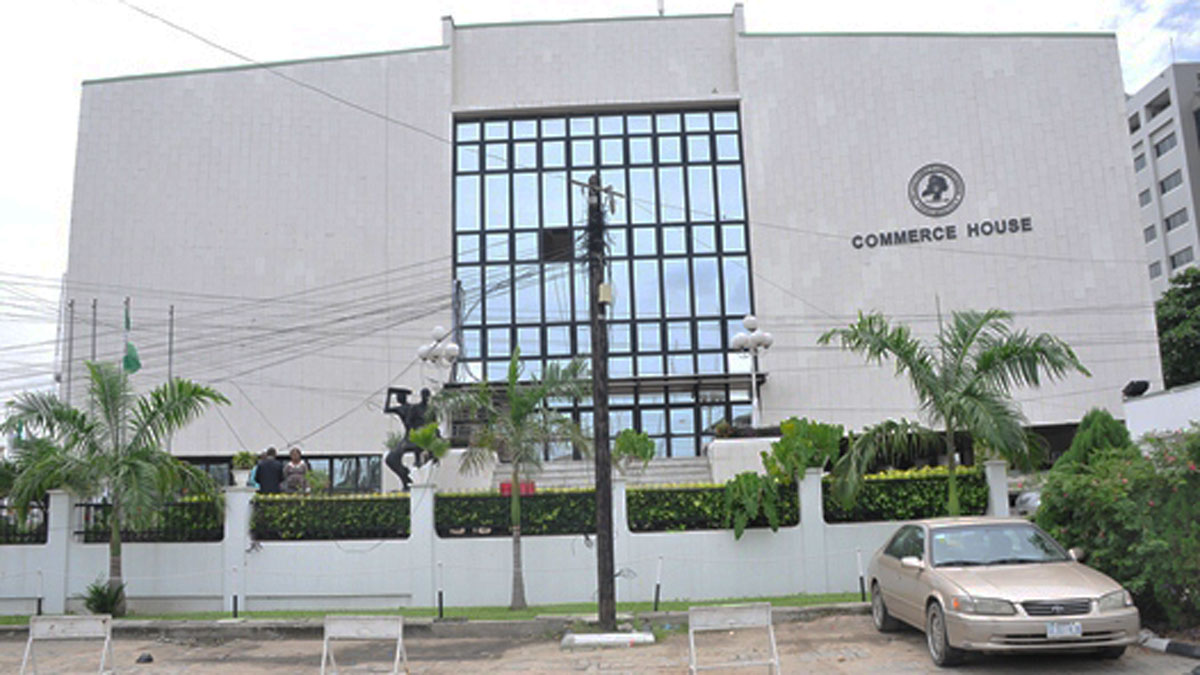
Against the backdrop of a fresh $22.7 billion loan request approved by the Senate last week for the federal government, further adding to the mounting national debts, Mr Muda Yusuf, Director General, Lagos Chamber of Commerce and Industry (LCCI), has canvassed for policies aimed at attracting equity from domestic and foreign private sector capital for infrastructure financing.
Yusuf who gave the advice in a chat, said government should explore equity financing alternative through appropriate policy and regulatory environment.
READ ALSO: MSMEs: Oiling the wheels of Nigerian economy
He stated: “The growing national debt is a cause for concern as the debt profile grew from N12.6 trillion in 2015 to N26.2 trillion in third quarter 2019, an increase of 108 percent. An additional $22.7 billion borrowing would bring the total debt stock to $108 billion, although 15 percent of this are debts owed by the state governments.
“The capacity to service the current stock of debt raises serious sustainability concerns. For instance, the debt service provision in the 2019 budget was a whooping N2 trillion; whereas the total capital budget was N2.9 trillion; this implies that the debt service commitment was 70 percent of capital budget allocation. Debt to revenue ratio was about 30 percent which is also on the high side. In the 2020 budget, the total revenue could barely cover debt service commitment and recurrent spending.
READ ALSO: Replicate Lekki Corridor across Nigeria, Verraki urges FG
“The opportunity cost of high debt service commitment for the economy and citizens is very high. There is also the exchange rate risk inherent in the exposure to mounting foreign debt which we need to worry about. As the currency depreciates, the burden of servicing foreign debt would intensify. This is a major problem with increasing the stock of foreign debt.
“All of these underscore the imperative of appropriate policy choices to attract equity domestic and foreign private sector capital for infrastructure financing. The government needs to look beyond tax credit in its quest for complimentary funding sources for infrastructure. We should be looking more in the direction of equity financing. But for this to happen, the policy and regulatory environment must be right.”
Yusuf further said that it is critical to review the spending structure of government and the cost of governance.
“The ballooning recurrent expenditure, in the face of declining revenue is a cause for concern. There is a need to clarify place of the new loan request in relation to the 2020 budget and the 2020 -2022 medium term expenditure framework. It is important to stress that borrowing should strictly be in line with the relevant provisions of the Fiscal Responsibility Act,” he added

